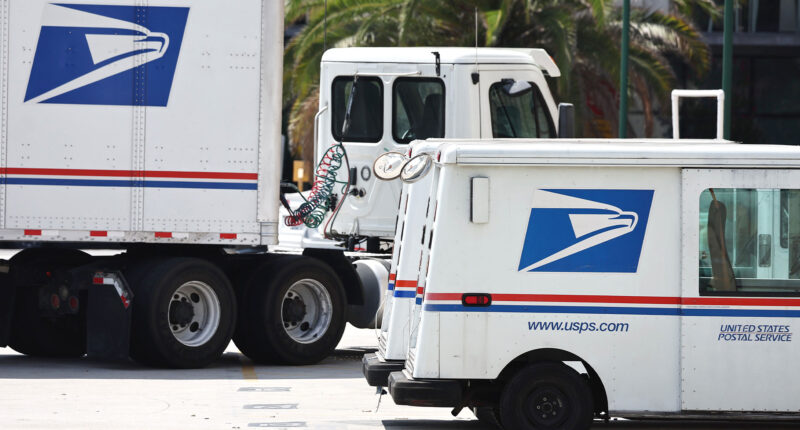THE Supreme Court is preparing to grill the US Postal Service after furious customers claimed they didn’t get service because of how they look.
Justices will decide whether the agency can be sued over the allegedly terrible mail delivery.


A Texas landlord alleged that her tenants faced difficulties receiving important mail such as medication and bills due to discriminatory behavior by local postal workers.
The landlord, Lebene Konana, claimed that two USPS employees declined to deliver mail to her property in Euless, near Dallas, insinuating that they objected to a Black woman renting to white individuals.
She claims the problem had gotten so out of hand that some of her tenants were forced to move out and get better service elsewhere.
After filing more than 50 complaints with the agency, Konana finally took her accusations to the courts.
Her case was initially tossed by a district judge who said the Postal Service is legally protected from most mail-related claims.
While a law from 1946 permits Americans to seek compensation for property damage caused by federal employees, courts typically do not intervene in cases related to mail problems.
However, after continuing to push the issue, the 5th US Circuit Court of Appeals in New Orleans finally sided with her, saying the immunity doesn’t apply if workers refuse to deliver mail.
“There can be no ‘miscarriage’ where there was no attempt at carriage,” the panel said in its ruling.
That decision clashes with how three other appeals courts have interpreted the same law.
But the 5th Circuit said Konan’s claims weren’t about a mishap or mistake, but about deliberate refusal.
The Justice Department strongly disagreed, warning the Supreme Court that the ruling could open the floodgates to lawsuits from anyone whose mail is late.
“Congress enacted the postal exception specifically to protect the critical function of mail delivery from such disruptive litigation,” the Justice Department told the court.
The feds argued that if someone could sue simply by alleging intentional delay, the Postal Service would face endless legal battles over the more than 300 million pieces of mail it handles daily.
Konan’s lawyers shot back, saying these cases are rare and hers should be allowed to move forward.
They say her claims are about systemic discrimination, not sloppy service.
The legal debate hinges on how courts interpret the Postal Services’ immunity and where to draw the line between negligence and intentional misconduct.
“This case couldn’t be more different,” Robert Clary, her lawyer, wrote in an opposition brief.
The USPS is no stranger to controversy, as customers frequently complain about painful delivery delays and lost packages.
The agency was recently under fire after its tracking service went down and left users in the dark.
Plus, mail officials have warned of delays and delivery woes that affect many customers.

















